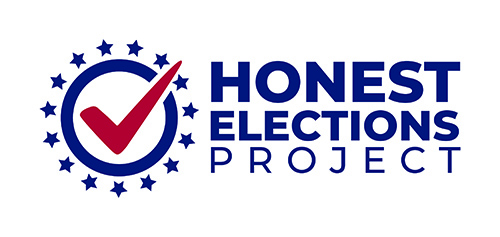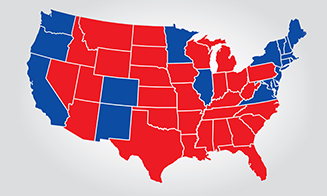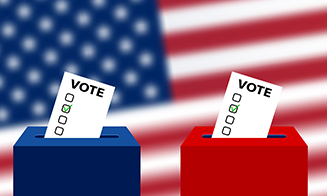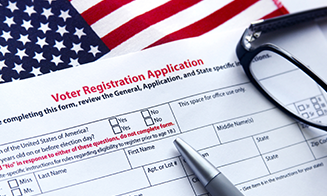Honest elections depend on accurate voter rolls, but many states voter rolls have been left to languish.
Last year, California began the process of removing a staggering 5 million voter registrations from its rolls—registrations that had lingered long after the voter had died, moved away, or otherwise become ineligible. Alarmingly, that figure is just the tip of the iceberg. In 2012, the Pew Center on the States estimated that 24 million voter registrations nationwide—one out of every eight—were inaccurate or invalid. Today, there are approximately 200 counties that have more registered voters than eligible citizens, and hundreds more that purport to have registered nearly 100% of their citizenry. Some may call that laudable, but reasonable people call it laughable.
How did our voter rolls get this bad? Voter rolls are not stagnant; each year, millions of Americans move to new states, are convicted of felonies that disqualify them from voting, or pass away. When states fail to diligently identify and remove these invalid registrations, their rolls only become more and more unreliable. Left untended, they risk becoming useless to officials trying to ensure that only lawful, eligible voters are casting ballots.
Voters deserve better. Accurate voter rolls are so important to the integrity of elections integrity that Congress has passed two laws mandating that states ensure their records are accurate and current. That includes removing registrations for voters who have moved, died, or are noncitizens. That process typically takes years, during which the voter neither responds to a state notice nor participates in two subsequent federal elections—a process upheld by the Supreme Court. Yet states are still being hit with partisan lawsuits that aim to save wildly inaccurate voter rolls.
Honest elections begin with accurate voter registration records that allow officials to discern who can, and who cannot, vote. States can—and must—do better jobs cleaning up their voter rolls.



